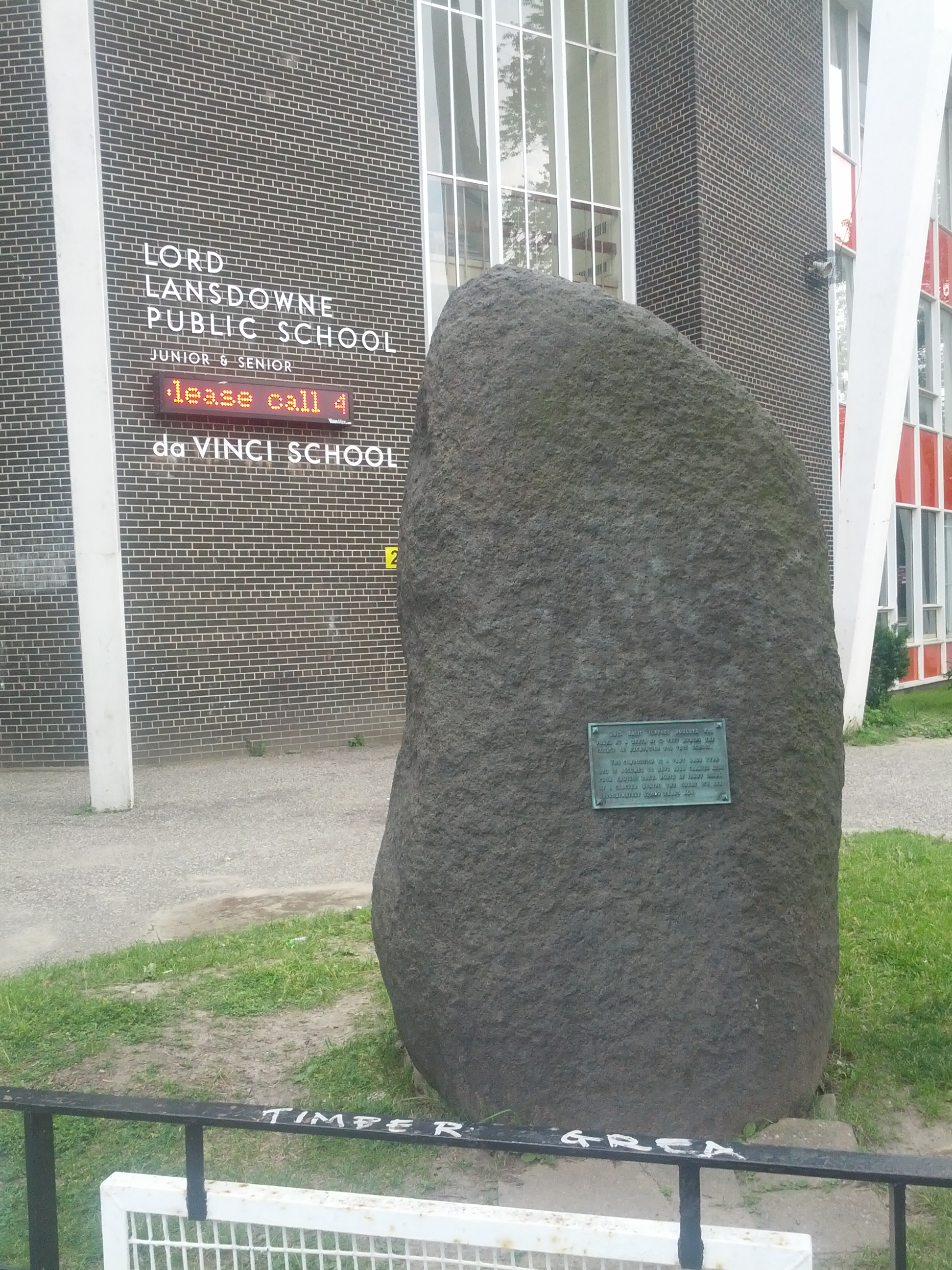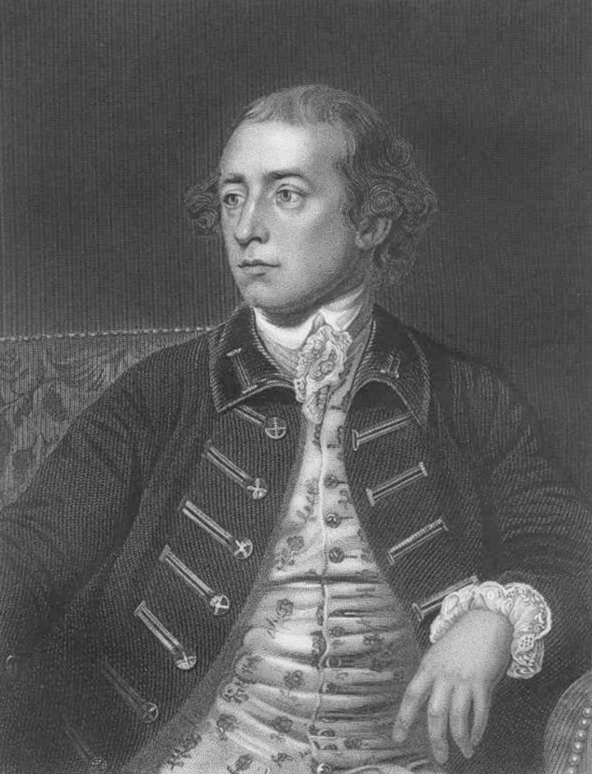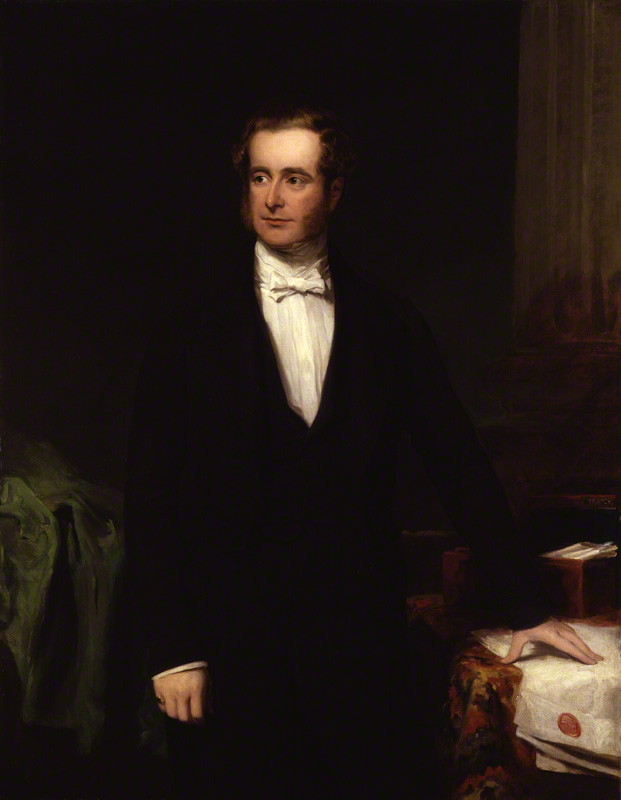|
Henry Petty-Fitzmaurice, 5th Marquess Of Lansdowne
Henry Charles Keith Petty-Fitzmaurice, 5th Marquess of Lansdowne, (14 January 18453 June 1927), was a British statesman who served successively as Governor General of Canada, Viceroy of India, Secretary of State for War and Secretary of State for Foreign Affairs. In 1917, during the First World War, he wrote the " Lansdowne letter", advocating in vain a compromise peace. A millionaire, he had the distinction of having held senior positions in Liberal and Conservative Party governments. Early years, 1845–1882 A great-grandson of British Prime Minister Lord Shelburne (later 1st Marquess of Lansdowne) and the eldest son of Henry Petty-Fitzmaurice, 4th Marquess of Lansdowne, and his wife, Emily, 8th Lady Nairne (''née'' de Flahaut), Henry Charles Keith Petty-Fitzmaurice was born in 1845 at Lansdowne House, their family seat in London.Geoghegan, Patrick M. (2009)Fitzmaurice, Henry Charles Keith Petty Dictionary of Irish Biography His maternal grandfather, Count Charles ... [...More Info...] [...Related Items...] OR: [Wikipedia] [Google] [Baidu] |
His Excellency
Excellency is an honorific style (manner of address), style given to certain high-level officers of a sovereign state, officials of an international organization, or members of an aristocracy. Once entitled to the title "Excellency", the holder usually retains the right to that courtesy throughout their lifetime, although in some cases the title is attached to a particular office and is held only during tenure of that office. Generally people addressed as ''Excellency'' are heads of state, heads of government, governors, ambassadors, Roman Catholic bishops, high-ranking ecclesiastics, and others holding equivalent rank, such as heads of international organizations. Members of royal families generally have distinct addresses such as Majesty, Highness, etc.. While not a title of office itself, the honorific ''Excellency'' precedes various titles held by the holder, both in speech and in writing. In reference to such an official, it takes the form ''His'' or ''Her Excellency''; in ... [...More Info...] [...Related Items...] OR: [Wikipedia] [Google] [Baidu] |
Victoria Of The United Kingdom
Victoria (Alexandrina Victoria; 24 May 1819 – 22 January 1901) was Queen of the United Kingdom of Great Britain and Ireland from 20 June 1837 until Death and state funeral of Queen Victoria, her death in January 1901. Her reign of 63 years and 216 days, which was List of monarchs in Britain by length of reign, longer than those of any of her predecessors, constituted the Victorian era. It was a period of industrial, political, scientific, and military change within the United Kingdom of Great Britain and Ireland, United Kingdom, and was marked by a great expansion of the British Empire. In 1876, the British parliament voted to grant her the additional title of Empress of India. Victoria was the daughter of Prince Edward, Duke of Kent and Strathearn (the fourth son of King George III), and Princess Victoria of Saxe-Coburg-Saalfeld. After the deaths of her father and grandfather in 1820, she was Kensington System, raised under close supervision by her mother and her Comptrol ... [...More Info...] [...Related Items...] OR: [Wikipedia] [Google] [Baidu] |
Frederick Stanley, 16th Earl Of Derby
Frederick Arthur Stanley, 16th Earl of Derby (15 January 1841 – 14 June 1908), known as Hon. Frederick Stanley until 1886 and Lord Stanley of Preston between 1886–1893, was a Conservative Party (UK), Conservative Party politician in the United Kingdom who served as Secretary of State for the Colonies, Colonial Secretary from 1885 to 1886 and Governor General of Canada from 1888 to 1893. An avid sportsman, he built Stanley House Stables in England and is famous in North America for presenting Canada with the Stanley Cup, the championship trophy in ice hockey. Stanley was also one of the original inductees of the Hockey Hall of Fame. Early life and education Stanley was born in St James's Square, Westminster, the second surviving son of Edward Smith-Stanley, 14th Earl of Derby, Edward Smith-Stanley, Lord Stanley, and the Hon. Emma Caroline Smith-Stanley, Countess of Derby, Emma Caroline, Lady Stanley, daughter of Edward Bootle-Wilbraham, 1st Baron Skelmersdale. He was educate ... [...More Info...] [...Related Items...] OR: [Wikipedia] [Google] [Baidu] |
John Campbell, 9th Duke Of Argyll
John George Edward Henry Douglas Sutherland Campbell, 9th Duke of Argyll (6 August 1845 – 2 May 1914), known by the Courtesy titles in the United Kingdom, courtesy title Marquess of Lorne, by which he was known between 1847 and 1900, was a British nobleman who was Governor General of Canada from 1878 to 1883. He was the husband of Princess Louise, Duchess of Argyll, Princess Louise, fourth daughter of Queen Victoria. He was the first president of Rangers F.C., Rangers Football Club, thanks to his Argyll ties to the original founders of the football club. Background and career Campbell was born in London, the eldest son of George Campbell, 8th Duke of Argyll, George, Marquess of Lorne and the former Elizabeth Campbell, Duchess of Argyll, Lady Elizabeth Sutherland-Leveson-Gower, daughter of the George Sutherland-Leveson-Gower, 2nd Duke of Sutherland, 2nd Duke of Sutherland, and was styled Earl of Campbell from birth. In 1847, when he was 21 months old, his father succeeded as 8t ... [...More Info...] [...Related Items...] OR: [Wikipedia] [Google] [Baidu] |
John A
Sir John Alexander Macdonald (10 or 11January 18156June 1891) was the first prime minister of Canada, serving from 1867 to 1873 and from 1878 until his death in 1891. He was the Fathers of Confederation, dominant figure of Canadian Confederation, and had a political career that spanned almost half a century. Macdonald was born in Scotland; when he was a boy his family immigrated to Kingston, Ontario, Kingston in the Province of Upper Canada (today in eastern Ontario). As a lawyer, he was involved in several high-profile cases and quickly became prominent in Kingston, which elected him in 1844 to the legislature of the Province of Canada. By 1857, he had become List of Joint Premiers of the Province of Canada, premier under the colony's unstable political system. In 1864, when no party proved capable of governing for long, he agreed to a proposal from his political rival, George Brown (Canadian politician), George Brown, that the parties unite in a Great Coalition to seek fede ... [...More Info...] [...Related Items...] OR: [Wikipedia] [Google] [Baidu] |
Victor Bruce, 9th Earl Of Elgin
Victor Alexander Bruce, 9th Earl of Elgin, 13th Earl of Kincardine (16 May 184918 January 1917), known as Lord Bruce until 1863, was a right-wing British Liberal politician who served as Viceroy of India from 1894 to 1899. He was appointed by Prime Minister Arthur Balfour to hold an investigative enquiry into the conduct of the Boer War in 1902 to 1903. The Elgin Commission was the first of its kind in the British Empire, and it travelled to South Africa and took oral evidence from men who had actually fought in the battles. It was the first to value the lives of the dead and to consider the feelings of mourning relatives left behind, and it was the first occasion in the history of the British Army that recognised the testimony of ordinary soldiery as well as that of the officers. Background and education Elgin was born in Montreal, Canada East (now Montreal, Quebec), the son of James Bruce, 8th Earl of Elgin, who served as Governor-General of Canada at the time, and his wife, ... [...More Info...] [...Related Items...] OR: [Wikipedia] [Google] [Baidu] |
Frederick Hamilton-Temple-Blackwood, 1st Marquess Of Dufferin And Ava
Frederick Hamilton-Temple-Blackwood, 1st Marquess of Dufferin and Ava, (21 June 182612 February 1902), was a British public servant and prominent member of Victorian era, Victorian society. In his youth he was a popular figure in the court of Queen Victoria, and became well known to the public after publishing a best-selling account of his travels in the North Atlantic. He is now best known as one of the most successful public servants of his time. His long career in public service began as a commissioner to Syria in 1860, where his skilful diplomacy maintained British interests while preventing France from instituting a client state in Lebanon. After his success in Syria, Dufferin served in the Government of the United Kingdom as the Chancellor of the Duchy of Lancaster and Under-Secretary of State for War. In 1872 he became Governor General of Canada, bolstering imperial ties in the early years of the Dominion, and in 1884 he reached the pinnacle of his official career as Vice ... [...More Info...] [...Related Items...] OR: [Wikipedia] [Google] [Baidu] |
William Ewart Gladstone
William Ewart Gladstone ( ; 29 December 1809 – 19 May 1898) was a British politican, starting as Conservative MP for Newark and later becoming the leader of the Liberal Party (UK), Liberal Party. In a career lasting over 60 years, he was Prime Minister of the United Kingdom for 12 years, spread over four non-consecutive terms (the most of any British prime minister) beginning in 1868 and ending in 1894. He also was Chancellor of the Exchequer four times, for over 12 years. He was a Member of Parliament (United Kingdom), Member of Parliament (MP) for 60 years, from 1832 to 1845 and from 1847 to 1895; during that time he represented a total of five Constituencies of the Parliament of the United Kingdom, constituencies. Gladstone was born in Liverpool to Scottish people, Scottish parents. He first entered the House of Commons of the United Kingdom, House of Commons in 1832, beginning his political career as a High Tory, a grouping that became the Conservative Party (UK), ... [...More Info...] [...Related Items...] OR: [Wikipedia] [Google] [Baidu] |
Governor-General Of India
The governor-general of India (1833 to 1950, from 1858 to 1947 the viceroy and governor-general of India, commonly shortened to viceroy of India) was the representative of the monarch of the United Kingdom in their capacity as the emperor or empress of India and after Indian independence in 1947, the representative of the monarch of India. The office was created in 1773, with the title of governor-general of the Presidency of Fort William. The officer had direct control only over his presidency but supervised other East India Company officials in India. Complete authority over all of British territory in the Indian subcontinent was granted in 1833, and the official came to be known as the governor-general of India. In 1858, because of the Indian Rebellion the previous year, the territories and assets of the East India Company came under the direct control of the British Crown; as a consequence, company rule in India was succeeded by the British Raj. The governor-general ( ... [...More Info...] [...Related Items...] OR: [Wikipedia] [Google] [Baidu] |
St John Brodrick, 1st Earl Of Midleton
William St John Fremantle Brodrick, 1st Earl of Midleton, KP, PC, DL (14 December 185613 February 1942), styled as St John Brodrick until 1907 and as Viscount Midleton between 1907 and 1920, was a British Conservative and Irish Unionist Alliance politician. He served as a Member of Parliament (MP) from 1880 to 1906, as a government minister from 1886 to 1892 and from 1895 to 1900, and as a Cabinet minister from 1900 to 1905. Background and education Brodrick came of a mainly south-west Surrey family who in the early 17th century, in Sirs St John and Thomas Brodrick, were granted land in the south of Ireland, mainly in County Cork. The former settled at Midleton, between Cork and Youghal in 1641; and his son Alan Brodrick (1660–1728), Speaker of the Irish House of Commons and Lord Chancellor of Ireland, was created Baron Brodrick in 1715 and Viscount Midleton in 1717 in the Irish peerage. In 1796 the title of Baron Brodrick in the Peerage of Great Britain was created. ... [...More Info...] [...Related Items...] OR: [Wikipedia] [Google] [Baidu] |
Henry Campbell-Bannerman
Sir Henry Campbell-Bannerman ( né Campbell; 7 September 183622 April 1908) was a British statesman and Liberal Party politician who was Prime Minister of the United Kingdom from 1905 to 1908 and Leader of the Liberal Party from 1899 to 1908. He also was Secretary of State for War twice, in the cabinets of Gladstone and Rosebery. He was the first First Lord of the Treasury to be officially called the "Prime Minister", the term only coming into official usage five days after he took office. He remains the only person to date to hold the positions of Prime Minister and Father of the House at the same time, and the last Liberal leader to gain a UK parliamentary majority. Known colloquially as "CB", Campbell-Bannerman firmly believed in free trade, Irish Home Rule and the improvement of social conditions, including reduced working hours. A. J. A. Morris, in the ''Oxford Dictionary of National Biography'', called him "Britain's first and only Radical prime minister". A. J. A. M ... [...More Info...] [...Related Items...] OR: [Wikipedia] [Google] [Baidu] |
Secretary Of State For War
The secretary of state for war, commonly called the war secretary, was a secretary of state in the Government of the United Kingdom, which existed from 1794 to 1801 and from 1854 to 1964. The secretary of state for war headed the War Office and was assisted by a parliamentary under-secretary of state for war, a parliamentary private secretary who was also a member of parliament (MP), and a military Secretary, who was a general. History The position of ''secretary of state for war'' was first held by Henry Dundas who was appointed in 1794. In 1801, the post became that of secretary of state for war and the colonies. The position of secretary of state for war was re-instated in 1854 when the secretary of state for the colonies was created as a separate position. In the nineteenth century, the post was twice held by future prime minister Henry Campbell-Bannerman. At the outset of the First World War, prime minister H. H. Asquith was filling the role, but he quickly a ... [...More Info...] [...Related Items...] OR: [Wikipedia] [Google] [Baidu] |










